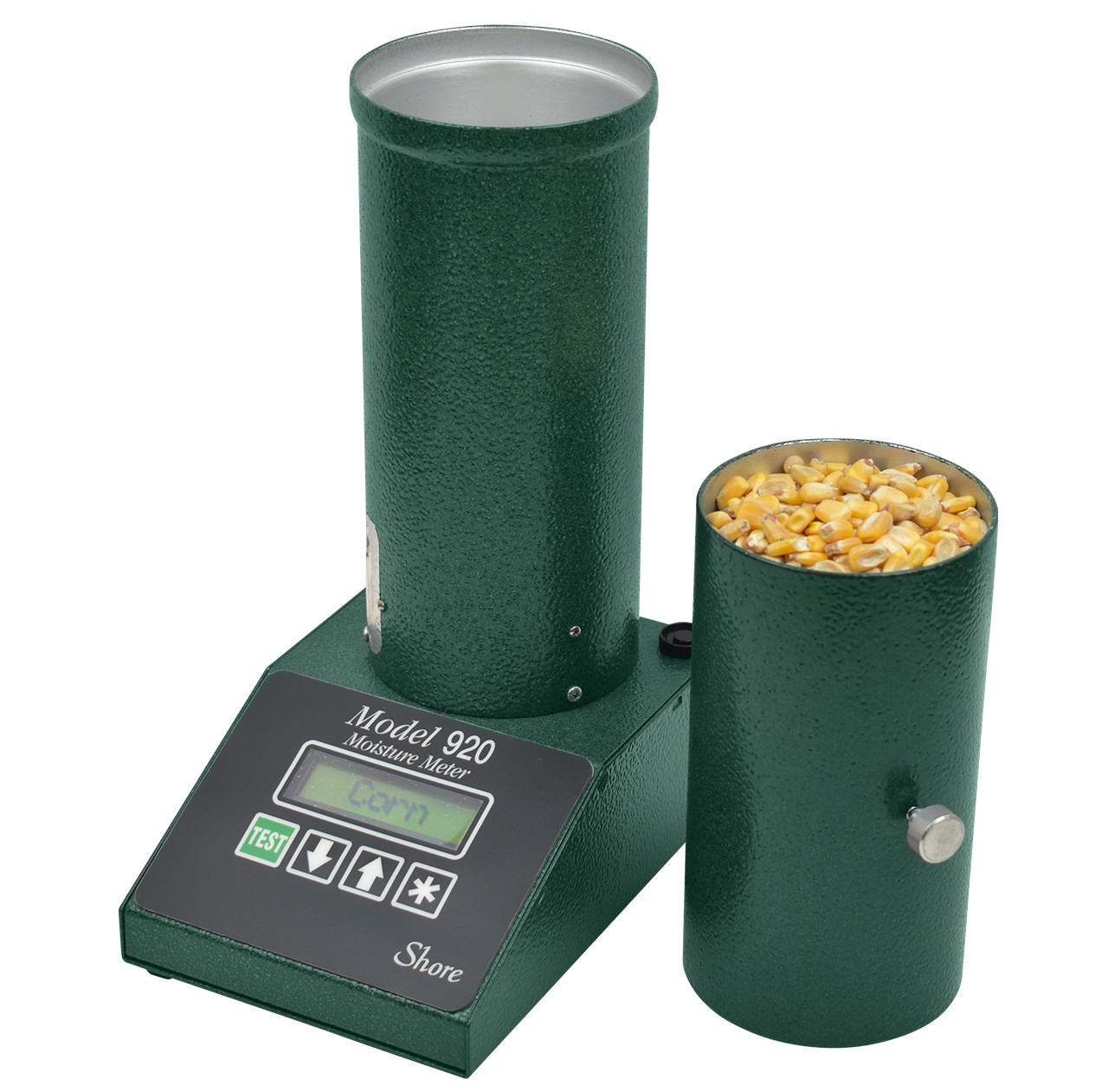The Ultimate Guide to Picking the Right Moisture Meter for Your Requirements
The Ultimate Guide to Picking the Right Moisture Meter for Your Requirements
Blog Article
The Ultimate Guide to Moisture Meters: A Comprehensive Review and How They Can Save You Cash
In the world of structure upkeep, building, and numerous sectors, the relevance of accurately determining moisture degrees can not be overstated. Wetness meters function as important tools in discovering and monitoring moisture web content in materials, aiding in preventing expensive problems and making sure the high quality of products. Comprehending the nuances of different sorts of wetness meters, their applications, and the possible cost-saving benefits they supply can be a game-changer for professionals and companies alike. Uncovering just how these devices can not only simplify procedures but additionally contribute to economic cost savings is a trip worth starting.
Kinds of Moisture Meters
Various kinds of moisture meters are available for different applications in numerous sectors. One common type is the pin-type wetness meter, which determines the electric resistance in between 2 pins inserted into a material. This kind appropriates for wood, drywall, and various other building materials. Pinless wetness meters, on the various other hand, use electromagnetic sensing unit plates to scan a bigger area without creating damage to the product's surface area. Moisture Meter. These meters are excellent for promptly assessing wetness degrees in huge locations such as floorings and wall surfaces.

Infrared moisture meters determine the thermal buildings of a material to identify its dampness content non-invasively, making them helpful for applications where pin or pinless meters might not be ideal. Recognizing the different types of wetness meters available can assist sectors choose the most appropriate device for their specific moisture measurement needs.

Benefits of Making Use Of Dampness Meters
Dampness meters provide important advantages in accurately checking and evaluating moisture levels in diverse products and atmospheres (Moisture Meter). One of the primary advantages of using moisture meters is the avoidance of prospective damages triggered by excess wetness. By identifying and dealing with high dampness degrees early, dampness meters aid to protect against mold development, rot, and architectural damage in structures, conserving both time and money on fixings. Furthermore, moisture meters aid in making sure the quality of products during building and construction or manufacturing processes. By accurately gauging dampness web content, these devices aid keep the honesty of wood, drywall, concrete, and various other materials, minimizing the danger of failures or defects.
Additionally, utilizing dampness meters can lead to raised power efficiency. By determining locations with high moisture levels, such as leaks or bad insulation, modifications can be made to enhance power preservation and lower utility costs. In agricultural setups, wetness meters play an essential duty in optimizing plant yields by enabling farmers to check soil moisture levels and make notified watering choices. Generally, the advantages of utilizing moisture meters cover throughout different markets, supplying cost-effective services and promoting much better high link quality control techniques.
Exactly How to Pick the Right Wetness Meter
When choosing a moisture meter, it's vital to ensure that the meter is ideal for the certain material you will be testing. Various materials have varying electric properties that can affect moisture analyses, so selecting a meter designed for your product is vital for accurate results. By very carefully evaluating these elements, you can pick a moisture meter that fulfills your needs and provides exact dampness measurements for your projects.
Correct Techniques for Moisture Meter Use

Price Financial Savings With Dampness Meter Applications
How can the calculated usage of wetness meters lead to significant expense savings throughout numerous markets? In the farming sector, dampness meters aid in figuring out the ideal time for collecting crops, protecting against excess or over-drying dampness that can influence the final item's quality.
In a similar way, in construction, wetness meters help stop costly problems by identifying wetness levels in structure products, such as timber or concrete, which can bring about architectural concerns if not resolved quickly. By identifying problem locations early, specialists can take restorative actions to prevent considerable repair work or replacements, ultimately conserving money and time.
Additionally, in the food handling market, moisture meters are necessary for keeping track of item quality and guaranteeing conformity with safety guidelines. By properly gauging dampness web content in food products, manufacturers can avoid putridity, preserve quality, and lower waste, causing significant expense savings. On the whole, the critical application of wetness meters is a useful investment that can result in significant cost decreases and improved effectiveness throughout various markets.
Verdict
In final thought, wetness link meters are valuable tools for determining and finding dampness levels in numerous products. By making use of the appropriate dampness meter and original site adhering to proper strategies, individuals can efficiently stop pricey damages triggered by excess dampness.
Moisture meters offer as indispensable devices in discovering and keeping an eye on moisture content in materials, aiding in stopping expensive problems and guaranteeing the top quality of products. Infrared dampness meters determine the thermal residential properties of a material to determine its moisture web content non-invasively, making them valuable for applications where pin or pinless meters might not be ideal.Dampness meters provide vital benefits in accurately examining and keeping an eye on dampness levels in diverse products and environments. In agricultural settings, wetness meters play a crucial duty in optimizing crop yields by enabling farmers to monitor soil wetness levels and make informed irrigation decisions.In verdict, moisture meters are beneficial devices for measuring and spotting dampness levels in various products.
Report this page